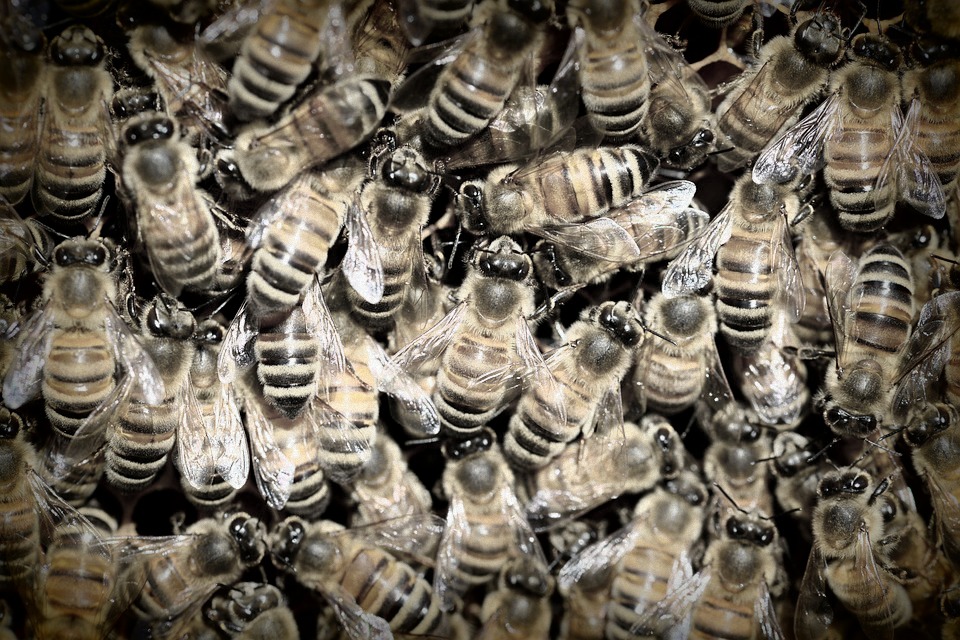4 Widely Used Neonicotinoid Pesticides Harm Bees This Study Shows
WASHINGTON – Four commonly used neonicotinoid pesticides can harm bees and other pollinators, according to a new analysis by California’s Department of Pesticide Regulation. The study found that current approved uses of the “neonics” on crops like tomatoes, berries, almonds, corn and oranges exposes bees to levels of the pesticides known to cause harm.
“The more we learn about the toxicity of neonics, the more apparent it is that pretty much any plant with nectar or pollen sprayed with these poisons is unsafe for bees,” said Nathan Donley, a senior scientist with the Center for Biological Diversity. “This important analysis is further proof that it’s time to ban all outdoor use of these harmful pesticides on crops.”
Recent analyses by the U.S. Environmental Protection Agency identified harms to bees and pollinators from neonics used on cotton, citrus and several other fruits. But California’s analysis indicates neonics can cause much broader harm, including to pollinators commonly found on many types of vegetables, cereal grains, tree nuts, fruits and tobacco.
Widget not in any sidebars
One of the most important findings of the new California analysis is the discovery of the high risk to bees posed by use of two neonicotinoids, thiamethoxam and clothianidin, on cereal grains like corn, wheat, rice and barley. Late last year the U.S. EPA announced it would consider an application from Syngenta to spray thiamethoxam directly on 165 million acres of wheat, barley, corn, sorghum, alfalfa, rice and potato.
Earlier this year California announced that it would no longer consider any applications by pesticide companies that would expand the use of bee-killing neonicotinoid pesticides in the state.
“At the same time California is wisely prohibiting new uses of neonics, the U.S. EPA is considering approving the spraying of a neonic known to be harmful to pollinators on an area nearly the size of Texas,” said Donley. “It’s dangerous and it doesn’t make any sense.”
Background
Earlier this year, the European Union banned neonicotinoids for outdoor uses in agriculture. Europe’s decision came after Canada’s pesticide regulatory agency recommended banning imidacloprid, the most widely used neonicotinoid, based on demonstrated harms to aquatic ecosystems.
As other developed nations further restrict the use of these poisons, the U.S. EPA has largely ignored the risks. Last year a rule that would have placed limited restrictions on neonics when commercial honeybees were present in fields was changed from mandatory to voluntary.
The U.S. EPA is currently in the process of reanalyzing neonic impacts to humans and the environment and is expected to re-approve the pesticides by the end of 2018.
California’s pesticide office is in the process of identifying mitigation measures to reduce the risk of neonics to bees, which the agency says will be finalized in the next two years.
At the Center for Biological Diversity, we believe that the welfare of human beings is deeply linked to nature – to the existence in our world of a vast diversity of wild animals and plants. Because diversity has intrinsic value, and because its loss impoverishes society, we work to secure a future for all species, great and small, hovering on the brink of extinction. We do so through science, law, and creative media, with a focus on protecting the lands, waters, and climate that species need to survive.




